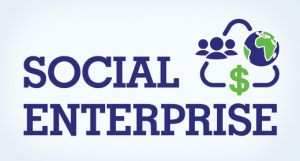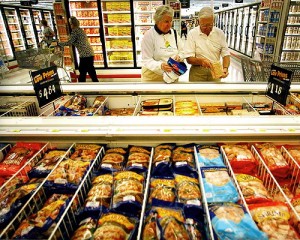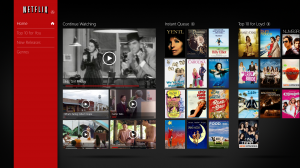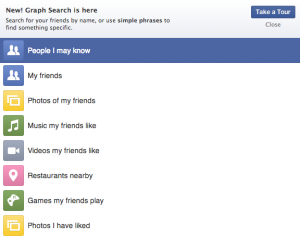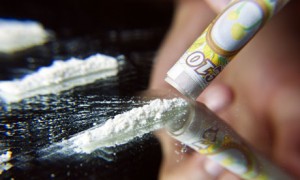According to Milton Friedman’s saying that “the social responsibility of business is to increase profits”, the only target of firms in operation is to maximize their profits. Oppositely, there are some people who are will to forgo profits or even contribute their own savings to run a business.
They are social entrepreneurs.
(http://deliriantistiromani.files.wordpress.com/2012/01/socialenterprise_graphic2.png)
Social entrepreneurs do not sacrifice their profits because someone told them to do so but they have strong faith of changing the world little by little. Compared with local government, or the United Nations, social entrepreneurs are super heroes who can physically go to somewhere, get to know the people there, tell them “no worries, we can help you”, and do help them get rid of poverty, illness, and desperation.
Social entrepreneurs can do whatever they want and whatever they think will help the local. They may offer help in the form of a 27-dollar debt, a pair of shoes, or a training program.
To be distinct with social entrepreneurs, what the United Nations can do is quite limited even though it was fully funded. Those great international and official organizations often have more rules which have to be obey and have more restricts on what action is going to be taken. They might even hardly be able to know people who desperately need help well. Compared with United Nations, social entrepreneurs have more free.
That’s why I believe that even if the United Nations was fully funded, people still need social enterprise.
